As your baby turns one you must be yearning to hear your baby say something from the months thereon, isn’t it? It is indeed a one-off moment of hearing and watching your kid speak for the first time.
Normally kids can attempt to talk after they turn a year old, if not big sentences, they begin with small words. For all you know they might make you feel fortunate to have them and make you feel special when they say mom or dad for the first time. It is understandable about how glorious that would feel.
On the other hand, if time has passed by and your child is unable to converse even after he has turned two then it is something to pay heed to immediately and assist you baby.
This article aims at being a guide to parents in understanding all about speech delay in toddlers by studying the causes, signs and symptoms and effective methods in helping your child cross this huddle. It is all going to be fine in time, so be patient and brave parents in assisting your child.
What Causes Speech Delay In Toddlers?
In the first place, it is important for you to understand that a child can speak few words after he/she turns a year old and then by the time the child touches 18 months he/she learns to say a sentence too.
Thus, you should give your child to get there but if your child does not learn to start talking by the time he/she turns two then you would have to keep an eye and work on it. Let us look into what causes a delay in a child’s speech?
Cause No 1: Issues With Listening

The major cause for a kid not being able to converse at the right age is because there is a major disturbance in the child’s ability to be able to hear his/her own voice and even the noises and voice of people around. This could happen if the child has serious hearing problems and this has to be tested immediately by an audiologist.
Cause No 2: Problem With The Frenulum In The Tongue
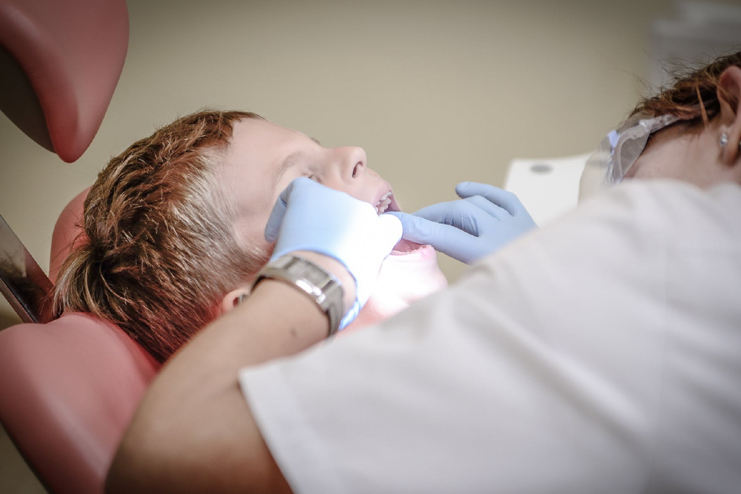
It is quite possible that a child might have difficulties in pronouncing and speaking a sentence because of lacking a proper frenulum that lies between the lips and gums or the lower part of the gums that is touched by the tongue. This can create a hindrance in the child’s speech and this should be shown and treated by the doctor immediately.
Cause No 3: Childhood Apraxia Of Sleep

There can be a delay in a child’s speech because of this disorder, in this disorder, a child’s brain does not effectively function as a child loses the sense of controlling and understanding gestures. A child finds it tough to make muscle movements. To explain this further, a child’s brain performs ineffectively because of which a child loses the capacity to form words, chew, say certain words and repeat them.
Cause No 4: Slow Development

Every child is born with his/her capacity to learn and register things. This might be a normal situation wherein your child might be taking time to concentrate, understand and reciprocate back to what is being said.
Cause No 5: Inflammation In The Ear

It is normal for a child to have ear infections. However, if the infection is beyond control it can affect your child’s speech, it would take a longer time for your child to learn to talk. As per studies, it is believed that if your child has hearing problems in the middle ear it can have bad effects on your child’s ability to speak.
What Are The Signs Of Speech Delay In Toddlers?

You would have to take your baby for a check up if he/she has no clue of the sound around and is not making an attempt to respond back. Having said, it is not usual as it is something to be looked at immediately. It can be tricky to understand where is the issue, whether it is just a usual development issue or is it seriously got to do with some problem with the kid. Here is a list of signs that would help in giving you signals about whether your child is having a speech delay or not. Take a look!
Sign No 1 – When your baby turns a year old he/she should be able to understand gestures such as waving and direction. If your child is still not able to identify then it is a sign.
Sign No 2 – It is essential that by the time your baby is 18 months he/she should try and use sounds in order to communicate. By now he/she should have gone beyond just the gestures phase if this fails to happen then consider it as a sign of delay in the speech.
Sign No 3 – When your child turns a year and a half and is facing difficulty in imitating what is heard.
Sign No 4 – Lacks the ability to understanding a request in his/her 18th month.
Sign No 5 – If your child is unable to say small words and phrases by the time he/she is 2.
Sign No 6 – If your child has turned two and is not capable to produce anything beyond just the same words and phrases then it might be a problem.
Sign No 7 – Is unable to go by instructions at the age of two.
Sign No 8 – In case your two year old child has a weird tone.
In conclusion, you should be able to partially get what your child is saying by the age of two, a degree more at the age of three and you should completely be able to follow your child at the age of 4. It is a step by step process and it should go by in the flow.
How To Detect Speech Delay In Toddlers

Here are some indications that would detect speech delay in toddlers. Take a look at them!
When Your Baby Turns 1
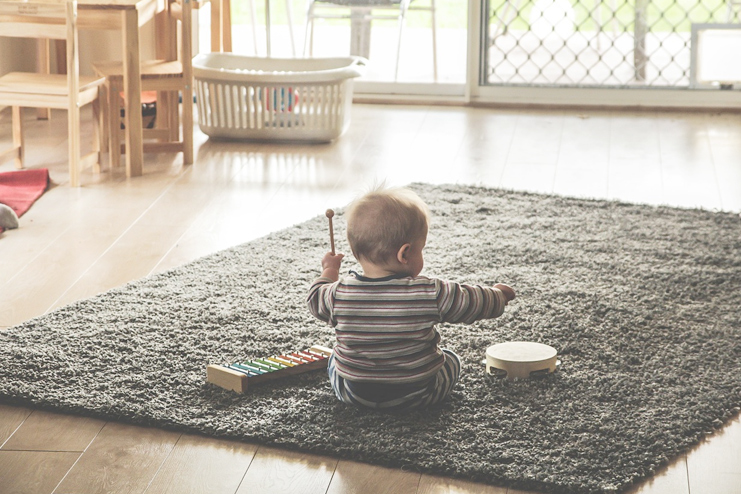
- Lacks the capability to recognize the direction from where he/she hears a sound
- Inability to look back when being called by his/her name
- Limited understanding of the direction where someone is pointing at
- Incapable of making sounds while trying to communicate
- He/She should have the ability to point at what he/she wants
- Your child should be able to say and pronounce 1 word
When Your Baby Turns 2
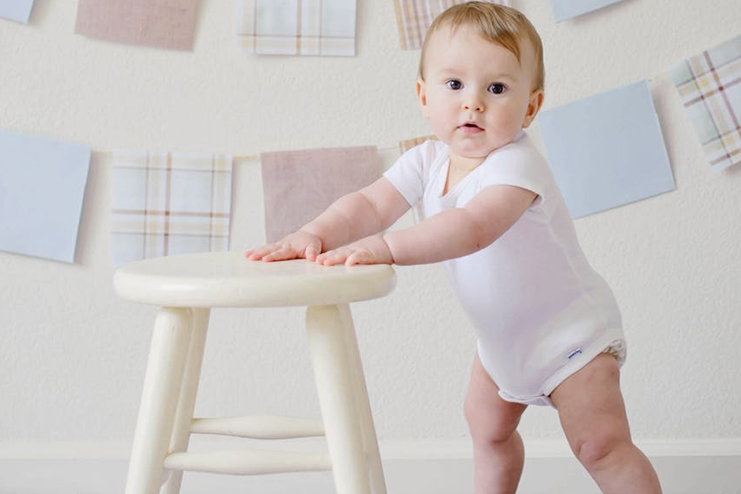
- He/she is not able to point at objects or things that he/she knows. For instance, dog, car, table, etc
- When your toddler is not able to pay attention to illustrations in books
- If your toddler is not able to understand instructions For instance, “Close your eyes”
- When your toddler is not able to remember or say too many words
- Inability to understanding small instructions
- Your toddler is not able to say two words. For instance, “I want that”
Tips And Activities to Encourage Speech and Language Development in Toddlers

Having understood various issues with delay in speech it is important for parents to work on this problem right away before your child grows up to develop social and emotional problems. There are certain tips and activities that could help your child improve and mentioned below are those activities. Take a look!
Tips:
1. Get A Ear Check Up Done

Check if your baby has wax, ear infections or fluid formed in the ears. Most of the times this is a problem that leads to a delay in speech because of not being able to hear well. Just imagine if you had water or wax blocked in your ears, would you be able to hear? The same goes with your child. Consult an ENT or take your child to an audiologist to get it resolved.
2. Take Assistance Form A Specialist
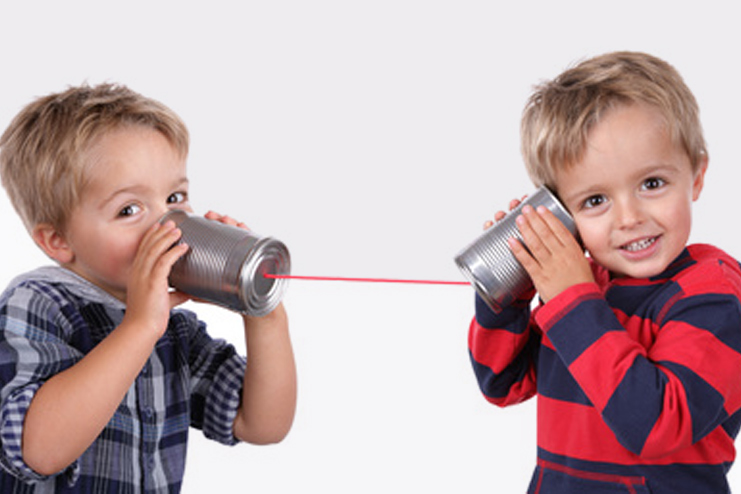
If you have tried all means and you still see no improvement then it is time to start treatment to help your child improve. Take your child to a specialist and follow the guidelines that they would provide to improve your child’s speech concerns.
3. Constantly Talk
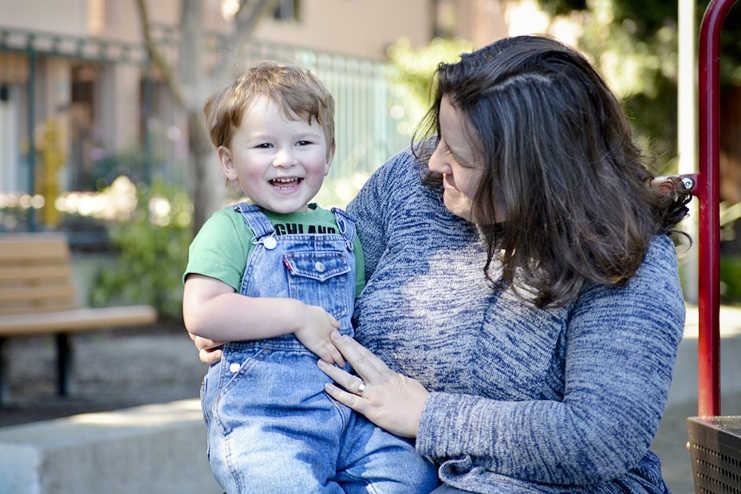
Despite there being a problem with the speech in your toddler you will still have to keep trying by talking to your baby when he/she is with you. Keep talking in a way that your child is understanding all that you are saying. For all, you know after hearing you constantly this might, in turn, help your child start speaking soon.
4. Give Learning Space To Your Child

When your little one is busy and lost in his world while playing or observing something, do not disturb him do it because you never know but that is how he is trying to talk. If he is trying to say few words with an initial fumble, give him some time to learn it himself. Help him when you have seen that he tried enough and is still not able to say that word or those words.
5. Teach Your Child About Eye Contact
Giving proper eye contact is a vital aspect of communication. Only when you teach that to your toddler now, he/she will be able to follow it even in the years to come. To teach your child, you must always ensure to make a firm and good eye contact with your toddler whenever you are talking to him/her.
6. Slow Down On Your Pace
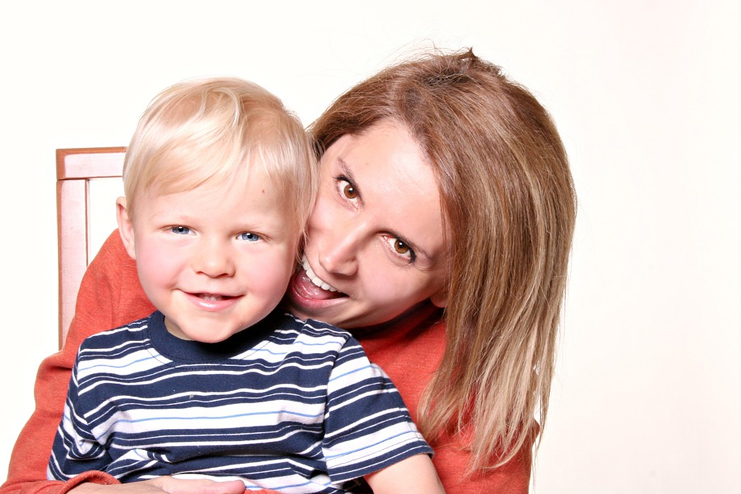
Not every child has the same level of learning speed. Having said, your child’s capacity of absorbing or understanding might be a little slow and if you want to help your child you must pronounce words really slow and bring down your talking pace. What happens is your child might be able to grasp and understand you better.
7. Stress On Sounds
While you are talking to your baby, stress on the sound of words, when a child relates to sound, he/she can learn faster. For instance, if you are saying bat and cat, emphasis on the sounds /b/ and /c/ for your child to be able to understand, pronounce and remember words better.
8. Do Not Over Stress Your Child

If your child is stressed he/she will not be able to say even what little he can if you insist on making him/her repeat what you are saying all the time, he/she might disconnect completely.
Do not make your child repeat what you are saying, in fact, you repeat what your child says and replace the wrong word with the right one. For instance, if your baby says “door” and it is a “window”. You will say agree to what your baby is saying but you will correct the word.
This way your baby will be happy as well as you will be doing your job of teaching your baby the right thing.
9. Be Prompt In Responding

Your baby should feel your attention and the best you can do is to respond to him/her when he is making different expressions and sounds by replicating the same. This makes your baby feel good and confident.
10. Teach Your Child Little Things
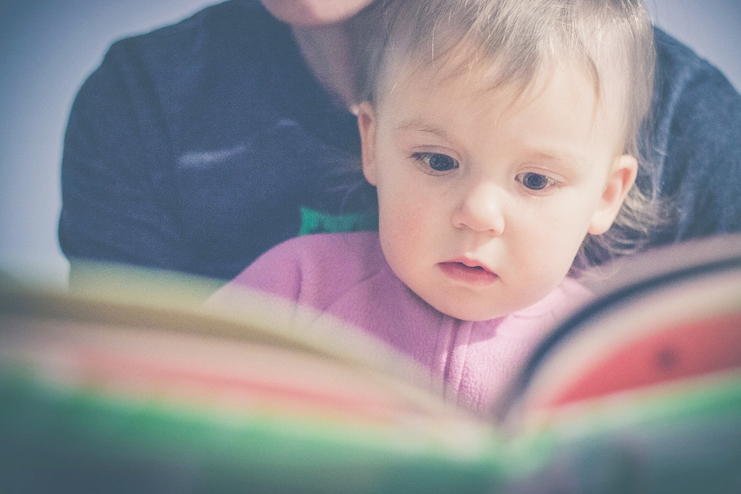
When your child is between 1 and 2 you should teach him/her little things such as saying a hello, bye, clapping hands, joining hands to pray, saying thank you and sorry. These are some of the basic stuff your child should know and it can help your child later on in life to learn better.
11. Use Flash Cards As A Medium To Teach
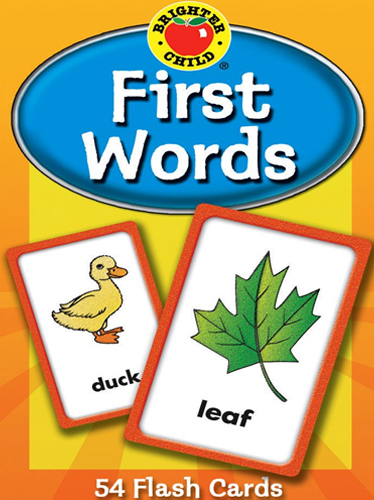
Whether it is the names of fruits, colors vegetables or numbers, teach your child all of them with the help of flashcards. It is good to teach a child giving them visual examples so that it can improve their way of imagining what they learn.
12. Do Not Resort To Media Quick

In order to divert your baby’s attention you might end up putting on the TV, giving him a phone or Ipad, do not think of it or if you are doing it then you should stop. Give your baby a better personal touch by talking, playing, making him/her listen to rhymes, etc in order to keep your baby well engaged. Getting developmental games for your baby can help but try and not resort to any form of media at a tender age.
13. Play Games With Your Baby
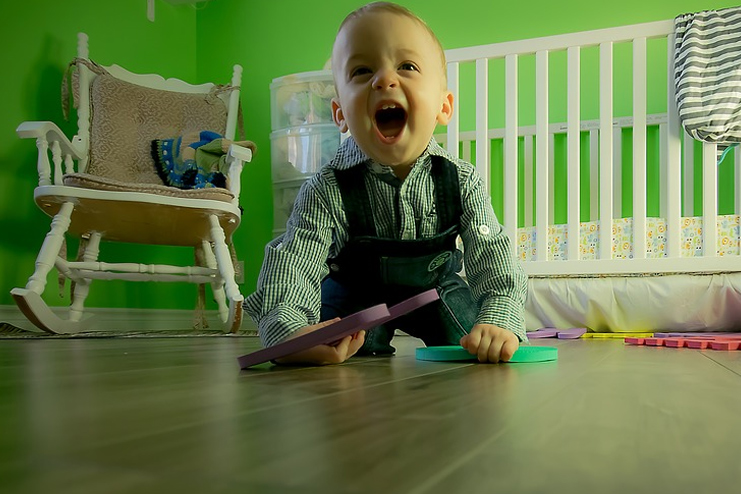
There are speech therapy activities at home as well and you can spend time with your toddler to help him/her occupied to learn.
14 – Work On Your Babies Oral Muscles
Only when your baby’s oral muscles fall in place will he/she be able to speak quicker and better. Therefore, it is on you on how you work on improving the oral muscles. The best way to do it is to give your baby a straw to sip on water, juice, and soups.
In conclusion, your baby is going to learn to talk and you do not have to stress over it, you have all the means to get assistance with that. What you need is patience and the effort to help your baby get over a delay in speech.
Match up to your baby’s pace of learning by speaking slow, stressing on sounds, responding to your baby sounds, teaching your baby to clap, say a “hello” and “bye” and so on.
You will have to spend time to perform activities that will bring an improvement in your baby’s speech. Despite trying everything if you think there is a problem with your baby then you can always take help from pathologists or child psychologists and they will give you expert advice.
Put out all the stops and help your toddler overcome speech delay issues!










































